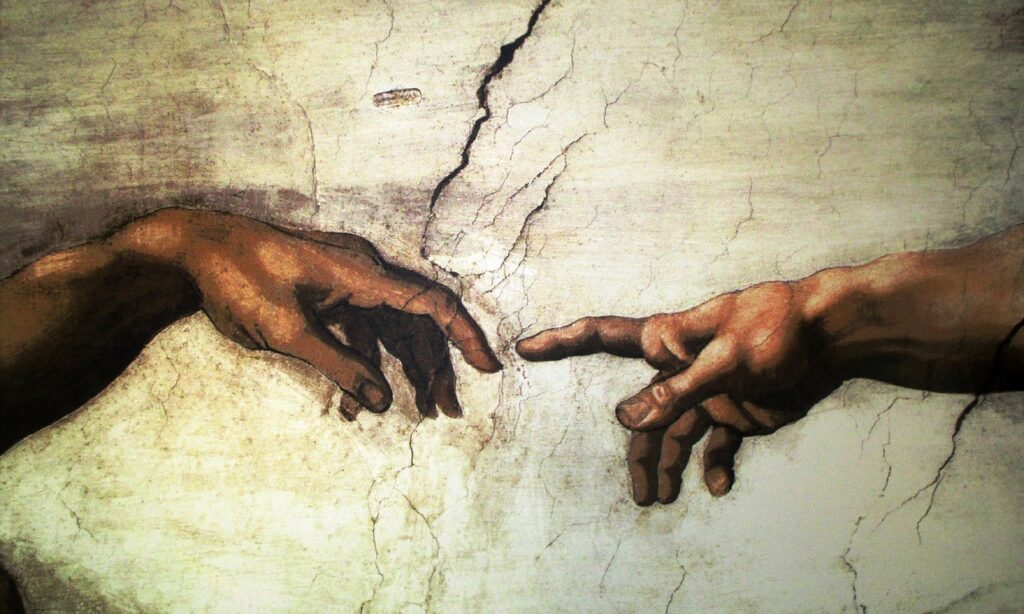The 19th-century educator Charlotte Mason wrote the following:
“Our crying need today is less for a better method of education than for an adequate conception of children,––children, merely as human beings”
What did she mean?
She meant we should question our assumptions and think about who children really are and how they learn. Is the status quo really what’s best for children, or are we just doing what we’ve always done because that’s how we learned and it was “good enough”?
Here are some questions to think about.
The thoughts of children are as complex, varied, and interesting as life itself so why would we reduce learning to mere dry facts and one-size-fits-all fill-in-the-blanks?
Human stories filled with interesting discoveries, adventures, pursuits, ideas, and passions are what interest us so why would we imagine children should learn from dry textbooks reduced to summaries, dates, and facts?
Children need time to wonder, imagine, create, play, and see where a creek goes. They need time for family relationships and personal interests to flourish so why would we think it makes sense to shut them up indoors all day and then send them home with hours of homework?
Children have incredibly capable minds so why do we insist on dumbing things down for them?
Consider this example taken from an article titled “Grim Tales” by Kari Jenson Gold:
Compare two versions of the beginning of The Little Mermaid by Hans Christian Andersen, one faithful to the original and translated by Neil Philip, the other taken from Disney’s famous movie and book.
1) Far out to sea the water is as blue as the petals of the loveliest cornflower and as clear as the purest glass; but is deep, deeper than any anchor can reach. Countless church steeples would have to be piled one on top of the other to stretch from the sea bed to the surface. That’s where the sea folk live.
2) Ariel was sixteen, the age when a mermaid was supposed to be thinking about marrying a merboy and settling down. But Ariel had other things on her mind.
Could some of the apathy and mental health issues we are seeing be prevented if we fed their minds with life-giving knowledge rather than stuffing them with mere information?
Children are not objects to be manipulated for our own ends, cogs in a wheel, empty bags to stuff, computers to be programmed, or political battlegrounds to be won. They are human beings, or “persons” as Charlotte Mason would have put it.
Does it matter how we view the child? Yes, it really does.
“The consequence of truth is great, therefore the judgment of it must not be negligent.”
~Benjamin Whichcote

